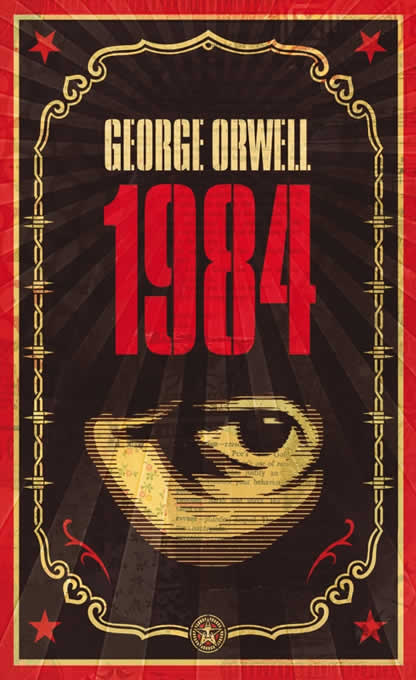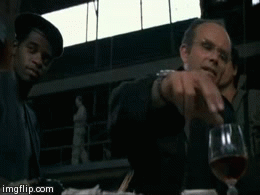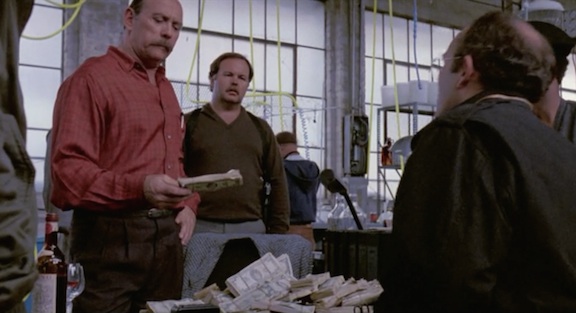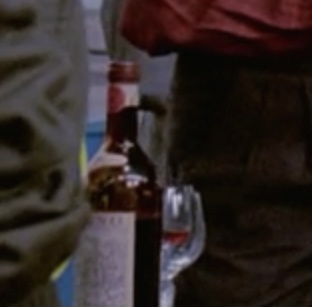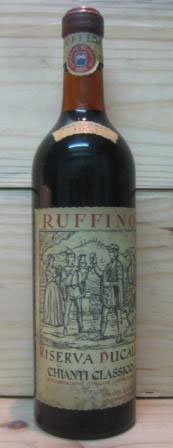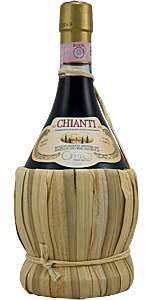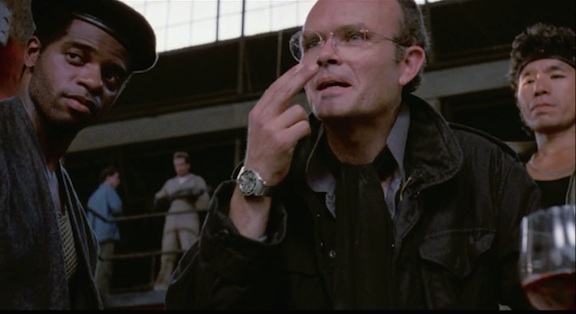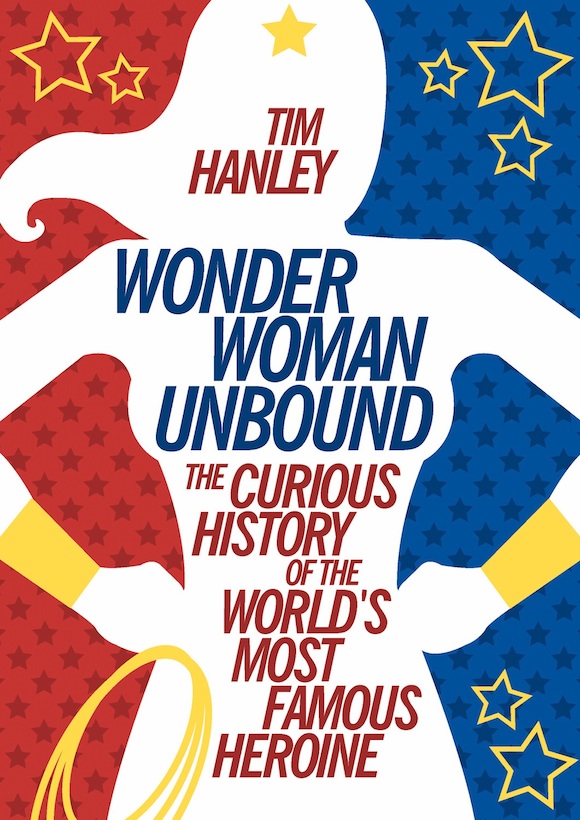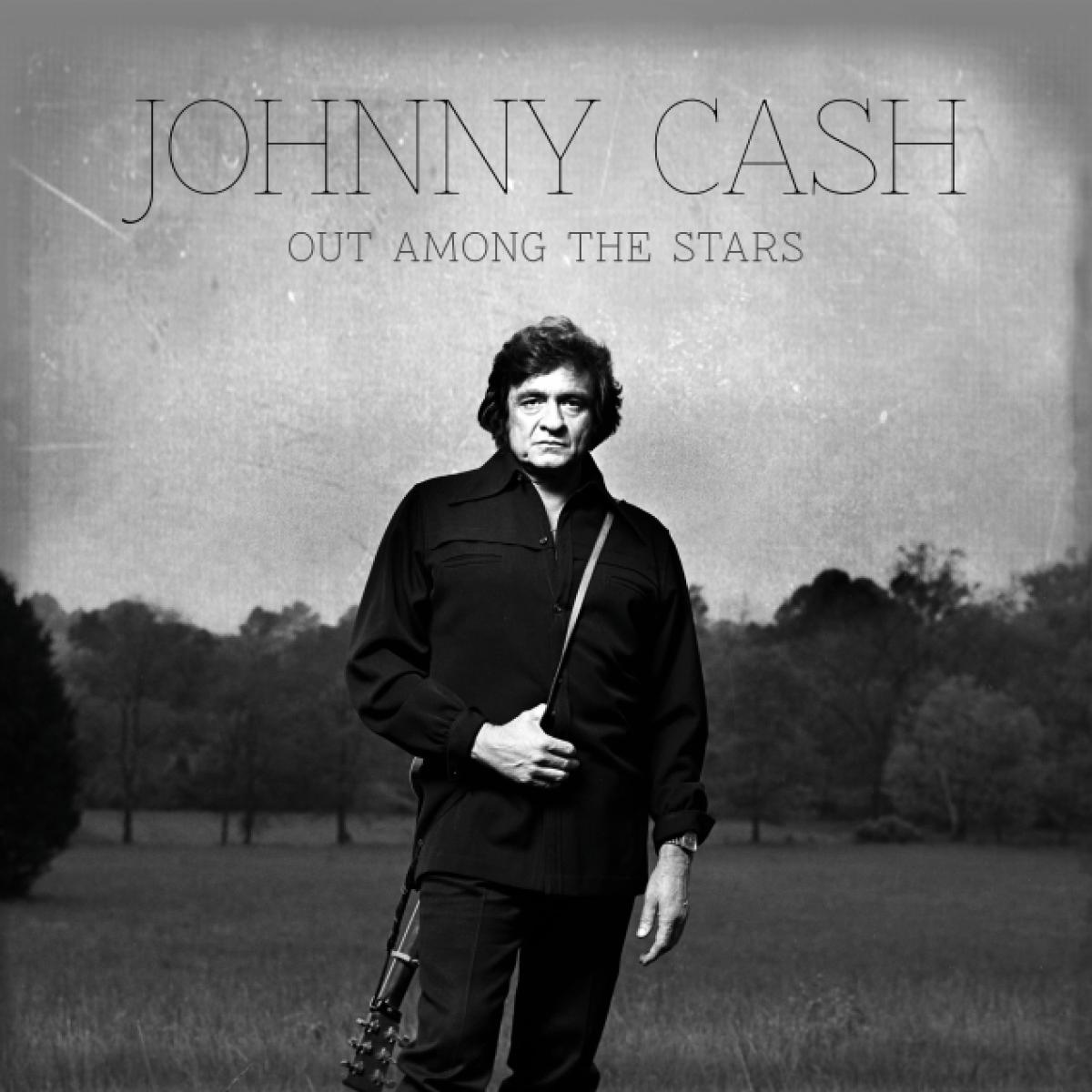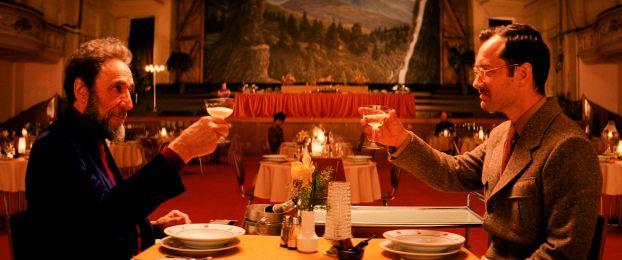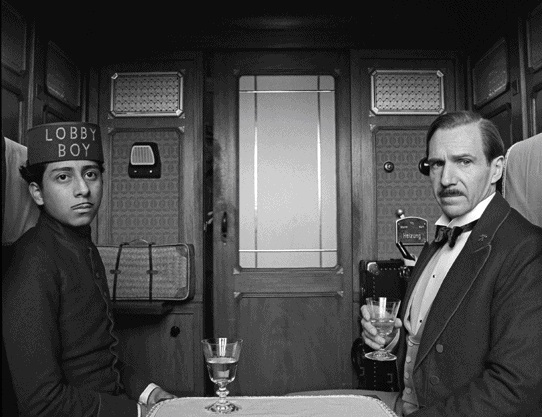Last week 78-year old singer Glen Campbell appeared in the news for the first time in a long while, for reasons personal rather than musical. Since then, I’ve had Campbell’s much-maligned “Rhinestone Cowboy” in constant rotation on my cranial radio. I thought it would be a good time to revisit the song and try to figure out why it is exactly I love it so much, and see if I can bring a little bit of the pathos of the subversive song back to its surface.
Campbell himself was hardly a subversive figure. Although he’d started his career as a side-man and in-demand studio musician, by the close of the 60’s he’d successfully transitioned to the life of a popular country crooner, scoring hit after hit with the songs of other writers. His first major hit was a cash-in cover of Buffy Saint Marie’s pacifist anthem “Universal Soldier,” a song whose message the singer didn’t seem to exactly align himself with. “The people who are advocating burning draft cards should be hung,” Campbell told an Albuquerque newspaper in an interview about the song. “If you don’t have enough guts to fight for your country, you’re not a man.” A few years later his hit-hunting would pay greater artistic dividends when he recorded a series of songs penned by songwriter and former music transcriber Jimmy Webb, including the semi-mystical, harmonically complex “Witchita Lineman.”
Several years and several albums later, Campbell first heard “Rhinestone Cowboy,” as performed by its author, singer Larry Weiss. It would prove to be the song that would define Campbell’s career.
Larry Weiss’ rough and tumble delivery gives the downbeat lyrics a rugged authenticity. “I’ve been walking these streets so long,” he intones with his intense baritone voice while acoustic guitars and a harpsichord chime away in the background.
Where hustle’s the name of the game
and nice guys get washed away
like the snow and the rain
And suddenly the melody rises yet again, Weiss’ voice intense and clipped.
There’s been a load of compromising
on the road to my horizon
and I’m gonna be where the lights are shining on me
Like a rhinestone cowboy!
Throughout the verse the chords have wandered away from the tonic, only to triumphantly return at the chorus, Weiss shouting the lyrics as the melody rises to the top of his range. He’s joined by a soaring unison string section that had only teasingly entered before, now intertwining with the vocal, playing with full intensity.
And what exactly are the compromises that have led him to dream of the life of a rodeo star? What kind of hustles exactly are we talking about here? There are few answers, and only a handful of clues, the chief of which is the intensity of Weiss’s delivery, and the painfully shallow dreams evident in the chorus. What is the great triumph, the wonderful victory on the horizon for the narrator?
Like a rhinestone cowboy
Ridin’ out on a horse in a star-spangled rodeo
Like a rhinestone cowboy
getting cards and letters from people I don’t even know
and offers comin’ over the phone
The horse and the rodeo is incidental, the details sketchy. The important part? People contacting him, caring about him, even people he doesn’t know. It’s a vision of a man who’s at the bottom, who’s highest aspirations are a glitter of the lowest kind.
In Campbell’s version the grit and drama is replaced with Campbell’s expertly employed voice, complete with almost operatic vibrato. The key has been raised a whole step to accommodate Campbell’s vocal range, and the string part squared off. Campbell’s version brings the song even closer to it’s second cousin, the 1966 Walker Brother’s hit “The Sun Ain’t Gonna Shine Anymore,” a song with which it shares a general rhythmical thrust and melodic arc. (Walker’s own operatic vocalizations, however, are almost painfully intense, elevating the lyrical nonsense to obsessive ode through his delivery alone).
So, is it possible that the “hustle” presented in “Rhinestone Cowboy” is that of an urban prostitute? The image itself was certainly in the air, thanks in part to 1969’s Academy-Award winning Midnight Cowboy. Even if the specifics aren’t divulged, the narrow dreams of the narrator make the likely options rather grim. The soaring chorus isn’t cheery; it’s the desperate dreamings of a man at the end of his options.
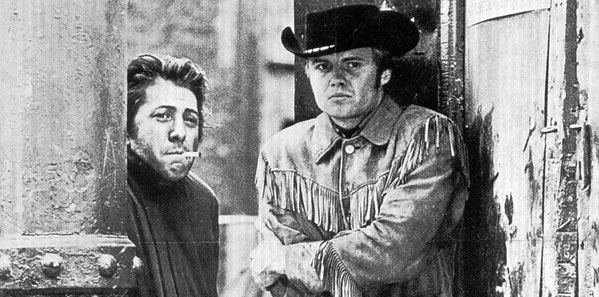
The narrative strategies at work in “Rhinestone Cowboy” appears again in a rather unlikely place, on the 1977 Steely Dan song “Deacon Blues,” written by Donald Fagan and Walter Becker.
At first glance the songs seem to have nothing in common, at least musically. “Deacon Blues” leads off with a series of shifting extended chords that finally settle into a recognizable but constantly modulating verse, the harmonization throughout almost mockingly complex, while the arrangement and instrumentation is as polished and ornate as the design of a bottle of scotch.
The lyrics of the verse, narrated in the first person, describe with slurred detail the ego-maniacal imaginings of a drunken man. Ejected from his regular nightclub, he staggers through the streets dreaming of his ultimate revenge, which arrives at the catchy, eminently singable chorus–
learn to work the saxophone
I’ll play just what I feel
Drink Scotch whiskey all night long
and die behind the wheel
They got a name for the winners in the world
and I want a name when I lose
They call Alabama the Crimson Tide
Call me Deacon Blues
It’s surely one of the weirdest songs ever to be a success, novelty-level strangeness masquerading as smooth, pseudo-intellectual jazz. The great triumph of the narrator is the imagined life and fame of a saxophone player, a skill that the singer is so unfamiliar with that he can’t even find the right words for the job.
And once he’s learned to “work” his instrument of choice, it’s drinking and dying spectacularly that he dreams about, and the attendant attention and recognition that would surely follow. He’s undoubtedly a loser, and in his imaginings of what it’s like to be a winner, he’s exactly the same, but everyone loves him. His dream is the re-imagining of his own failures and vices as virtues instead.
The genius of the song is in the precise way that it inhabits its alcoholic narrator, and imagines him as he imagines himself, an “expanding man” whose greatness can only be greater once it is extinguished by death. The only missing components in this dream? A saxophone and a grandiose nickname.
An audience at a play or a film understands that every actor isn’t playing a role that reflects themselves. We sometimes extend this courtesy to novelists, and occasionally cartoonists as well; but when it comes to pop singers, audiences are often painfully literal. It’s why every singer dead before their time has their lyrics strip-mined for meaning and premonition, regardless of who authored the songs in question; it’s why every banal utterance is analyzed for autobiographical content.
Let us therefore embrace the brave; those willing to give voice to the little dreamers, those willing to be misunderstood.
_______
This is the first in a series of posts called Panoptisongs, focusing on pop songs.



